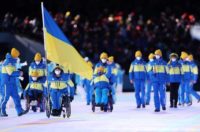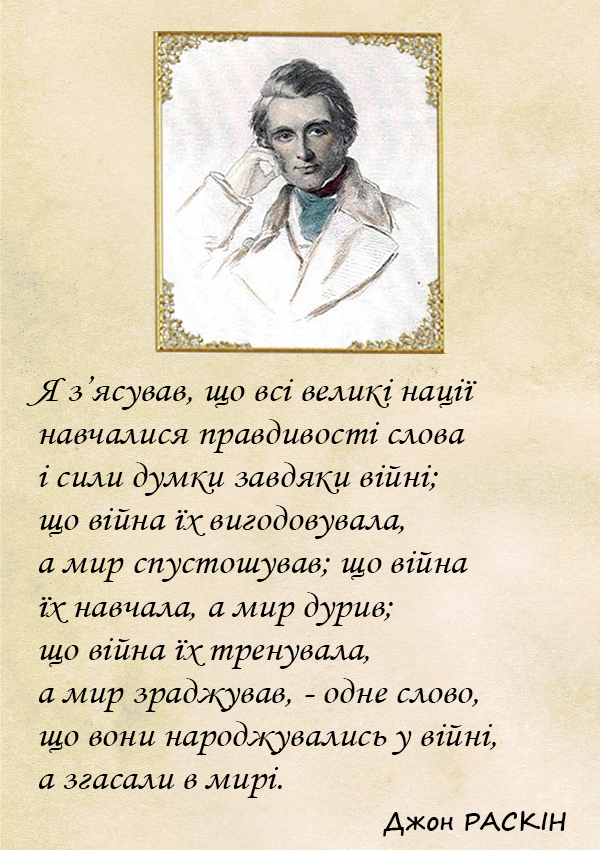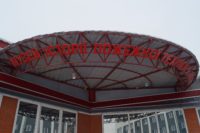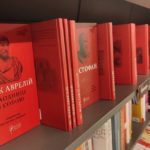
(nonfiction book review)
Before I start my review of this book, I’ll say that I’m actually still in the process of reading it. I’ve only read about half of the book, and my hands are already itching to tell you about this publication and its author (for some reason, I’m 101% sure that even my beloved peers-classmates in publishing and editing, who mostly love to read and do it a lot and often (unlike me, unfortunately) haven’t even heard of the existence of this book and who its author is. Heh, well, Sofia, you’ve kept the intrigue a little longer, and now throw your cards on our virtual table!
Based on the title of this book, which you have already seen in the title of my review, you could make a logical, but biased, conclusion that the book was written by a historian. I will immediately hasten to dispel these thoughts. Because it was written by a far less erudite person who, by presenting a whole layer of strong counterarguments, I think, can still argue with historians of the past and present about the veracity of the information they possess. So, the book ‘Rus. A Look from the Past to the Future’ is the result of many years of research by Vasyl Yukhymovych Shevtsov. Mr. Vasyl is an associate professor at the Faculty of Physics and Technology of Dnipro National University, a lecturer on the course “Design of Launch Vehicles and Spacecraft.” By the way, he is the only teacher in Ukraine of the course “Design of Launch Vehicles and Spacecraft.”
The book was published back in 2007 (this, by the way, is another reason why my peers may not know about it, besides, it is not a bestseller, and it seems it was not). It is about the history of the origins of Rus-Ukraine, about the origin of many things, in particular, the people who inhabited our lands. It answers many existential questions: who are the Rus’, who are the Ukrainians, why are we not really brothers with the Russians, about large-scale falsifications in the history of both Ukraine and humanity, where our language comes from, about the direct connection of the Ukrainian language with Sanskrit, and what does the Oriya have to do with it. And about much more. “The history of our people has been falsified many times. And one of these falsifications is the “Tale of Bygone Years” by Nestor the chronicler, who knew the history of the surrounding peoples perfectly well and for some reason completely “forgot” the history of Russia before the Rurikovichs.
There was a blessed land, where among the forests and swamps lived the primitive “natives” – the Slavs, who went to the banks of the Dnipro and built the golden-domed Kyiv, because the Rurikovichs appeared on the historical arena. Everyone understands that a temple will not grow on an empty place by itself, but those who carry the crown and scepter of the state are only interested in their own glory and their own will, which would not be overshadowed by the glorious names and events of the past, especially if the latter were sad and tragic. Maybe we would know our history better if it were not for the Rurikovichs.” (quote from the first part of the book “Trypillia Rus”).
Of course, this book has both pros and cons. Here I will write down my subjective opinion, which I formed in the process of reading (with which you do not have to agree or perceive closely). Well, let’s start with the pluses: this book opened my eyes to many things. Having read only about half of it, I realized how much information, facts from history, which teachers taught us at school and which are so beautifully described in textbooks, can be questioned.
The book is conveniently structured. It has 5 parts in total: in the first, the author talks about such gray antiquity that it was difficult for me to even imagine these periods of time, and sometimes I stopped while reading and wondered how Mr. Vasyl was able to collect all that layer of information and present it so interestingly and quite simply to the average reader!!!
In the second part, the author analyzes in great detail the issue of the origin of Rus — from the etymology of the name to issues of national symbolism and ethnic potential of our people. In the third part, the author revisits the history of our lands, only from the perspective of the “Veles Book.” The fourth chapter is devoted to the Vedic faith and traditions of our ancestors. Here the author raises very interesting and important topics about being, soul, faith, principles of building the Universe, gods, hell and paradise, good and evil, also mentions the Bible, and compares the Vedic Faith with Christianity. As for the fifth part, I probably won’t say anything, because I haven’t gotten to it yet =)) It is also very convenient that the publication is freely available on the Internet. You can download the PDF at one click and always have leisure time at hand.
Now what about the minuses? In fact, there are not so many of them, but they still exist, unfortunately. The first thing that jumped out at me were… banal mistakes. So, ordinary grammatical errors, various kinds of lexical errors. In addition, I also have a question about the layout. No matter how interesting the content of the book itself was, these errors distracted and did not allow me to fully immerse myself and enjoy the reading process (especially as a person studying to be an editor). The following is not so much a minus of the book as it is simply my observation. The publication is really so concentrated with all those ancient and not so events, dates, myths, legends, names and various descriptions and references to some other related materials, explanations in footnotes of some terms, concepts or supplementing the already multifaceted history with additional facts, that this is one of the reasons why I read the book so slowly. Perhaps the last negative point is that it is impossible to purchase a physical book. It is simply no longer printed or published.
In conclusion, I will only say that the Ukrainian scientist Vasyl Shevtsov really thoroughly approached the study and description not only of Rus’-Ukraine as a people and territory, but also of the origins of the existence of our civilization in general. Despite the not entirely professional publication, the book ‘Rus. A Look from the Past to the Future’ may interest everyone who loves history, myths, legends, traditions, and the like, as well as those who (like me) seek to get to the bottom of the truth in the modern world of falsifications and fakes!


























































Залишити відповідь